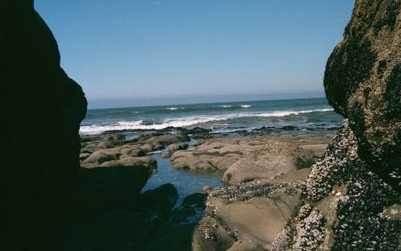
Fischer writes that there were four primary migrations from Britain (poetically known as Albion due to the prominence of the white cliffs of Dover as viewed from the sea) leading up to the creation of the United States and the American Revolution.
 |
The book is Albion's Seed by David Hackett Fischer and is available form
Amazon. Fischer writes that there were four primary migrations from Britain (poetically known as Albion due to the prominence of the white cliffs of Dover as viewed from the sea) leading up to the creation of the United States and the American Revolution. |
|
(1) The earliest English settlers came to Jamestown and points south. These
people primarily came from southern England. They were often pro-royalist
in their sympathies and named their states after royalty, like the
Carolina's (after Charles), Virginia (after Elizabeth, the virgin queen) and
Georgia (after George).
|
 |
 |
|
The next wave was the Puritans, settling in Boston and points north.
When the cultural tide in England changed following Cromwell's death and the
restoration of the monarchy, the Anglican 'high church' began imposing
difficult conditions on their former low church adversaries, prompting them
to migrate to the US.
|
 |
|
These people came primarily from East Anglia or
eastern England and London. These people would therefore, per the received
tradition, be mostly Angles rather than Saxons. Just as most
British-Israel/Lost Ten Tribes writers associated the Saxons with Ephraim,
the Angles are associated with Manasseh.
|
 |
 |
 |
 English-Scottish Borderland Area. Source of Picture: http://www.cozytours.co.uk/ images/tours/2011/borderland/scotland1.jpg |
 |
 Source: http://4.bp.blogspot.com/ _ZhTVlJz5kZc/TUm3JWWD6nI/AAAAAAAAC0c/ SbKQMQ00Cmc/s1600/USA-puzzle-map.jpg |
 |
 | They are more liberal and believe that society has a right and obligation to see to it that people live 'properly'. This is in keeping with Puritan concepts. |

Pleased with what you read?
Click Here to make an offering. |
 |
 |